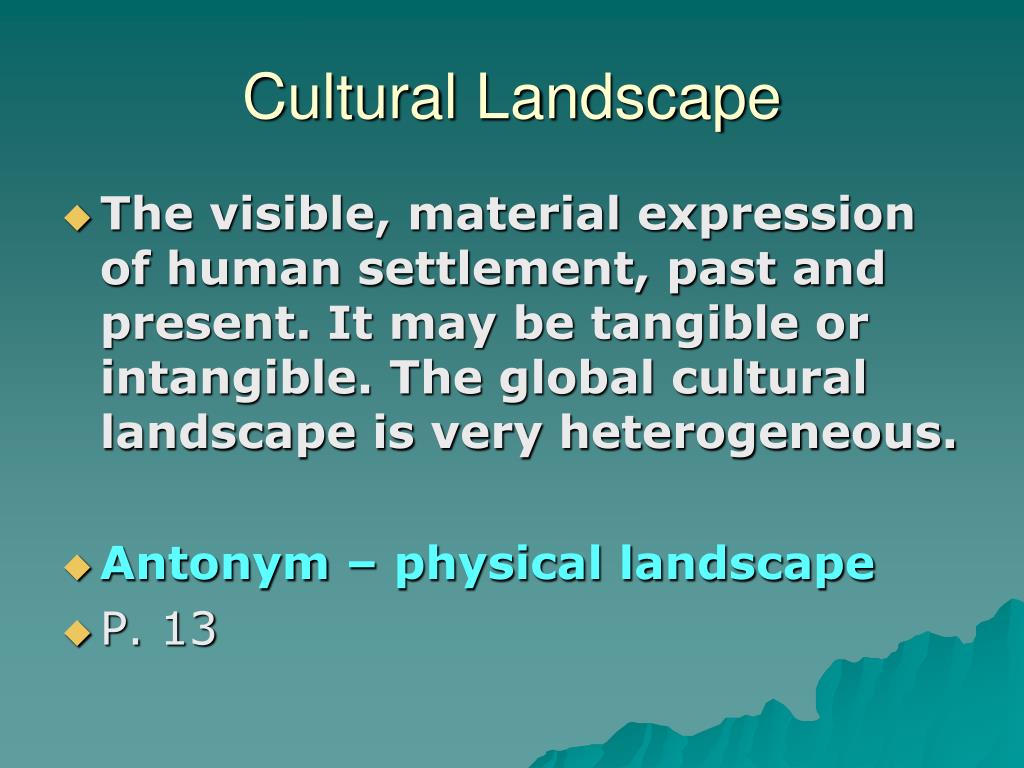
Unveiling the Opposite of Landscape: Exploring Antonyms and Alternative Perspectives
The term “landscape” evokes images of sprawling vistas, natural scenery, and the broad sweep of the land. But what is the landscape antonym? Finding a direct opposite to such a multifaceted word proves to be a nuanced exploration. While there isn’t a single, universally accepted antonym, understanding the different facets of “landscape” helps us identify words that represent contrasting concepts. This article delves into the various interpretations of “landscape” and examines potential antonyms, providing a comprehensive understanding of its opposite and related perspectives.
Understanding the Multifaceted Nature of “Landscape”
To effectively determine a landscape antonym, we must first acknowledge the word’s diverse meanings. “Landscape” can refer to:
- Physical Geography: The visible features of an area of land, including its landforms, vegetation, and water bodies.
- A Representation: A picture or painting depicting a scenic view of land.
- A Broader Context: The overall features of a particular situation or subject. For example, “the political landscape.”
Each of these definitions suggests different avenues for exploring antonyms. When considering the physical geography definition, concepts related to confinement or the artificial might be considered opposites. For the representational definition, abstract art or portraiture could be seen as contrasting forms. And when thinking about the broader context, focusing on specific details rather than the overall picture might provide an antonymous perspective.
Exploring Potential Antonyms for “Landscape”
Given the varied meanings of “landscape”, several words and phrases can be considered potential landscape antonym candidates:
Microcosm
While a landscape encompasses a vast area, a microcosm represents a small, self-contained world. It focuses on the intricate details within a limited space, contrasting with the expansive view of a landscape. The concept of a microcosm highlights the minute and specific, offering a direct counterpoint to the broad scope of a landscape.
Interior
An interior focuses on the inside of a building or space, directly opposing the outdoor nature of a landscape. While a landscape celebrates the natural world, an interior emphasizes the constructed environment and the elements within it. The contrast between the external and internal environment provides a clear antonymous relationship.
Urban Environment
Landscapes are often associated with natural or rural settings. An urban environment, characterized by buildings, roads, and human infrastructure, presents a stark contrast. The artificiality and density of a city stand in opposition to the natural openness and features of a landscape. This distinction highlights the impact of human development on the environment, further emphasizing the difference.
Portrait
When “landscape” refers to a representation of scenery, a portrait, which depicts a person, offers a contrasting artistic focus. A portrait emphasizes the individual, while a landscape emphasizes the environment. This distinction in subject matter provides an artistic landscape antonym.
Detail
In the context of a broader situation, focusing on minute details can be seen as the opposite of considering the overall landscape. Concentrating on specific elements rather than the entire picture provides a contrasting perspective. This shift in focus from the general to the particular offers a conceptual landscape antonym.
The Nuances of Opposition
It’s important to note that the concept of a landscape antonym isn’t always straightforward. Opposition can exist on different levels. For example, something man-made can be seen as opposing the natural aspects of a landscape. In the same vein, a highly structured and controlled environment might be the opposite of a wild, untamed landscape. The specific context dictates which antonym is most appropriate.
The “opposite” of a landscape can be a matter of perspective. What one person considers the antithesis of a sweeping vista, another might see as a complementary element. Think of how a carefully designed garden, though artificial, can enhance the beauty of a natural landscape. The opposition, therefore, is not always absolute.
The Importance of Context
Choosing the correct landscape antonym hinges on understanding the context in which the word is used. Are you describing a physical environment, an artistic representation, or a general situation? The answer to this question will guide you toward the most accurate and relevant opposite.
Consider these examples:
- Physical Environment: “The rolling hills and verdant fields created a breathtaking landscape.” In this case, a potential antonym could be “barren wasteland” or “dense urban sprawl.”
- Artistic Representation: “The artist specialized in painting expansive landscapes.” Here, a suitable antonym could be “portraiture” or “abstract art.”
- General Situation: “The company needed to assess the competitive landscape before launching the new product.” In this scenario, focusing on “specific market segments” or “individual customer needs” could be seen as the opposite approach.
Beyond Direct Opposites: Related Concepts
While exploring direct landscape antonyms is valuable, it’s also insightful to consider related concepts that offer alternative perspectives. These concepts don’t necessarily represent direct opposites, but they provide different ways of thinking about the subject.
- Close-up: Focusing on a small detail within a larger scene.
- Abstraction: Moving away from representational art towards non-figurative forms.
- Deconstruction: Breaking down a complex system into its individual components.
- Specialization: Focusing on a specific area of expertise rather than a broad overview.
These related concepts broaden our understanding of the landscape and its potential alternatives. They encourage us to think beyond simple opposites and consider the spectrum of possibilities.
Conclusion: Embracing the Complexity of Language
The search for a definitive landscape antonym reveals the inherent complexity of language. While words like “microcosm,” “interior,” “urban environment,” “portrait,” and “detail” offer contrasting perspectives, the most appropriate antonym depends on the specific context. By understanding the various meanings of “landscape” and exploring related concepts, we gain a deeper appreciation for the nuances of language and the multifaceted nature of the world around us. The next time you hear the word landscape, consider its potential opposites and the alternative viewpoints they represent. [See also: Understanding Synonyms and Antonyms] [See also: Exploring the Concept of Scenery] [See also: The Art of Landscape Photography]
